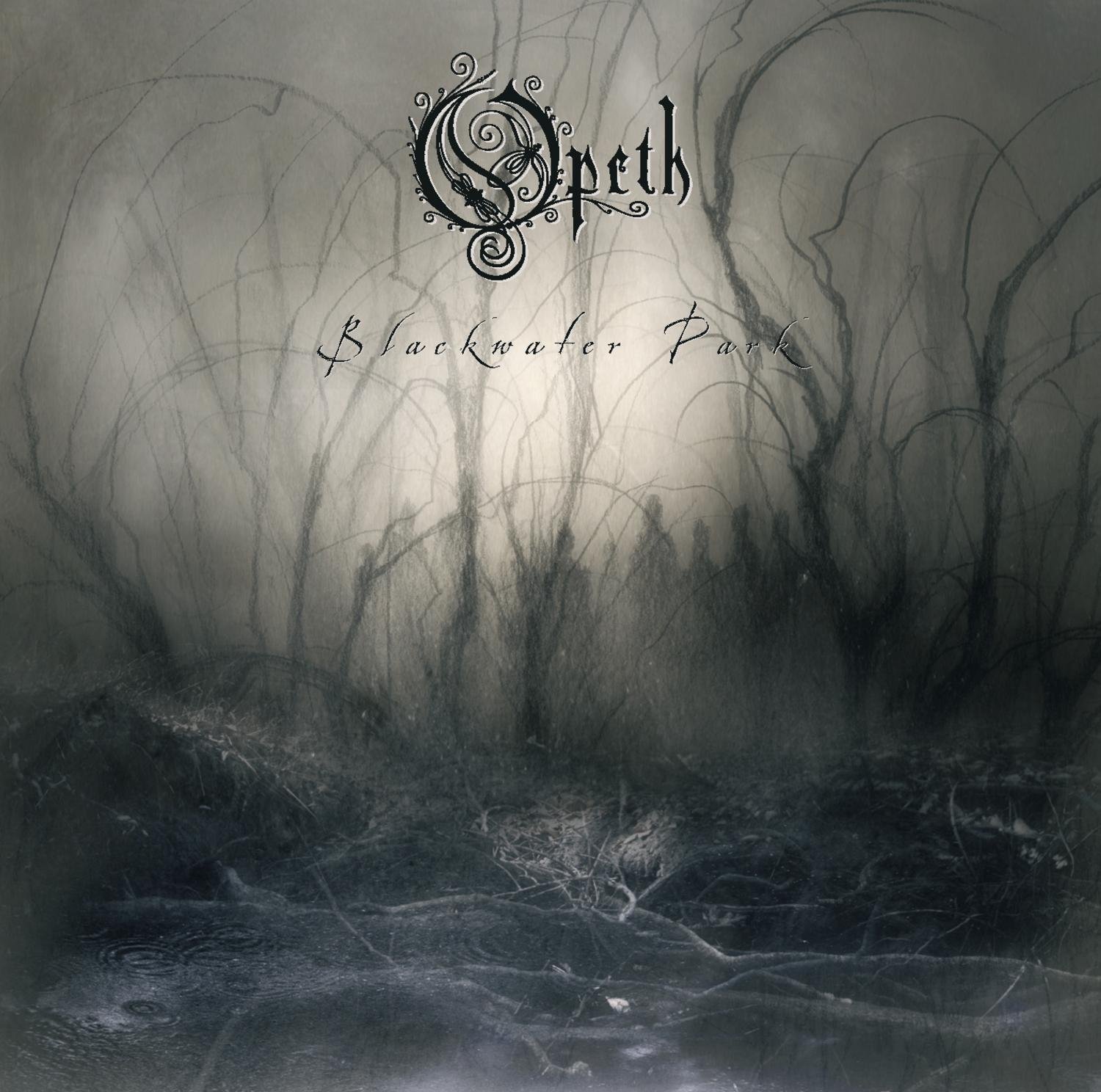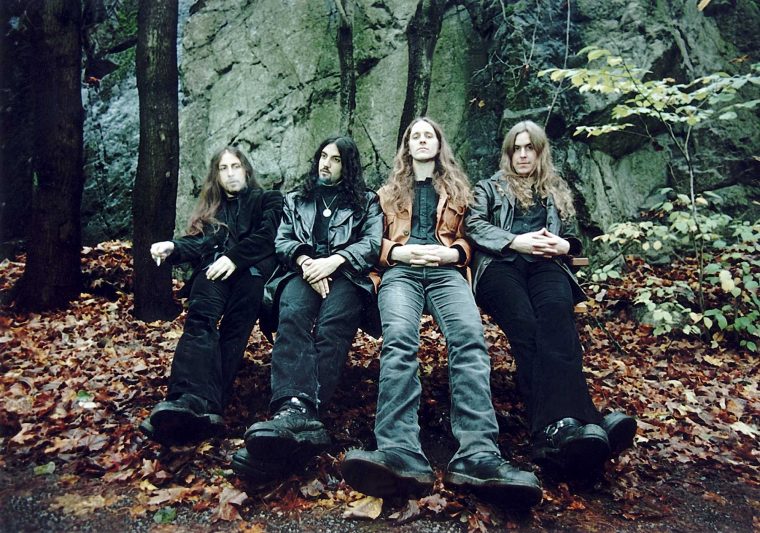| Rating 85% | |
|
Summary
All aboard the ghost ship |
%
|
|---|---|
| : 0 (0 votes) | |

It would be terribly tempting to dismiss this album as being the meandering prog-ish jams from a few metalheads in Sweden that remotely switch from clean to distorted, as a result fulfilling the ultimate cliche for this style of music. It just so happens it isn’t that, and this is the real deal. Sure enough the songs are basically all 10 minute monsters apiece, all consist of the seesaw heavy and quieter moments interplay, and the instrumentalists do showcase their acute musicianship, but the crux of it resides not in the framework but in the quality filling in those frames. This album merely borrows a complex format as a platform for its mature and meticulously crafted parts and where previous releases may’ve wandered in the open spaces of progressive composition, this one made it a point to be powerfully relevant from each intro to every epilogue and most sections in between.
So all aboard the ghost ship. Whether during the doomier ponderous rhythms, on the lighter more dynamic octave-chord movements or with the clean guitar settings, the music is irrevocably ghastly and wraithy. It feels phantasmal regardless of the instrumentation or arrangements for any given part as none of the various influences on display resist the embrace of the haunting underlying tone dominating the songs. Even on the softer moments of acoustic guitar melancholy, most notably the entire ‘Harvest’ track, the momentum ineluctably shifts back towards that darker harmony. At any point, whenever a section seems to thrive in weighty out-and-out sorrow, an odd minor chord or lead phrase pulls the listener back into the nocturnal fog. Probably the effect of long, deep Scandinavian winter nights. The only glimpses of daylight occur on the proggier riffy guitar work, more hard rock in tone, and even then most of the time its awkward vibe and contorted off-beat deformity doesn’t seem to carry the music towards anything even arbitrarily rosy.

To get into some of the specifics, although the entire album (and its whopping 1 hour 7 min runtime) can be listened to seamlessly while casually checking out the latest bikini pics on one’s Facebook home feed, certain moments stand out and a few in particular simply need a mention for being music that just doesn’t exist anywhere else but on this right here. The first that comes to mind would be the clean guitar outro to ‘Dirge for November’ which despite its title isn’t a song from the band ‘HIM’. Depressingly sad and dark, highly atmospheric with the prominent reverb wash in the back as if depicting the damp foggy setting, it feels like the aural description of the album cover: a haunting obscure scenery but with a numbing placidity there, like a place between life and death where time stops for an undefinable stretch, some sort of an out-of-body experience where the subconscious takes control and produces strange metaphoric meaning that’s terribly deep but near-impossible to put into words. And it’s utterly and uniquely beautiful.
The ending on the opener ‘The Leper Affinity’ (right before the piano outro) is another brilliant Opeth moment, driven with a rare passion again midway between sorrow and an underlying blackness, finishing off the song like dusk closing in from a distance (wow, the poetry). ‘Bleak’ has one of the catchiest clean sung “choruses” the band’s ever written, a bit past the 3min mark. Pure, unfiltered, heavy grief from the gut. Lastly the iconic intro section to the finale and title-track would surely be the most representative grand theme for the record: awe-inspiring, climactic and that unique mixture of melancholy with dread.
The production is plain and unostentatious, and distinctly feels a lot more like progressive rock than metal although not without a slight modern shine to it. The instruments feel alive and organic yet sharp. The guitars have a lavish smoothness to them, the bass is perfectly audible despite its round low pick attack/controlled bottom end presence. On the drums the snare is snappy and compact but pleasantly full, the kicks of the clickier variety while the overheads are given lots of attention and supply a characteristic scintillation at the top of the mix for the album. This sounds highly dynamic but in a spontaneous kind of way rather than from an aggressive volition from the producers, and although the latter are surely to be credited for the pristine quality here, it’s like the songs were written skillfully enough that each instrument would just find its place naturally into the mix. It feels like the songs never needed any added studio magic, like big EQ or artificial transient boosts, relying on their innate compositional pedigree.
As criticism, although this is the most efficient Opeth had been so far, the band still enjoys dwelling on a section a while and building minor off-shoots from it that could’ve been cut out for some. The following ‘Deliverance’ is arguably more concise and to the point in that regard, but ‘Blackwater Park’ is the album that permanently set these guys apart and the fan base will generally fondly remember this one as the golden chapter in their discography when all the pieces came together. More broadly, what is a bit more certain is this period of the early 2000’s from ‘Blackwater’ to ‘Ghost Reveries’, possibly up to ‘Watershed’ in 2008 for some, seems to be the apogee of Opeth as a fully developed metal act. Few fans consider any of the earlier 90’s works as peak Opeth, and the band would never again release an album as influential and unique as the ‘Blackwater Park’ to ‘Ghost Reveries’ anthology.
Release date: March 12th, 2001
If you really would like to support Antichrist, you can just Share our article.
You can also support Antichrist by sending a couple bucks to cover some webhosting expenses. =>> PayPal


